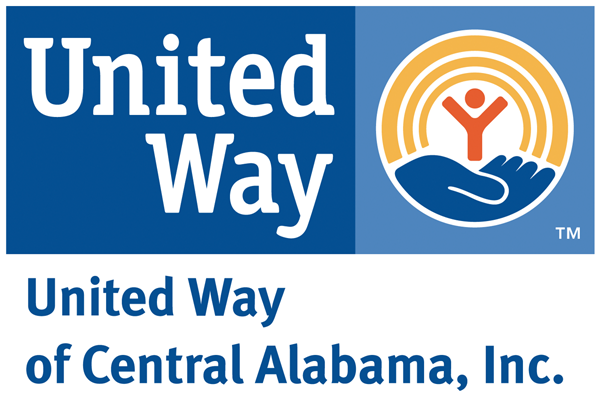Are you receiving SSI or SSDI? Interested in going back to work or learning about how work can impact your SSI/SSDI benefits? Then let Disability Rights & Resources become YOUR Employment Network.
What is an Employment Network?
An Employment Network (EN) is part of the Social Security Administration’s Ticket to Work program. This program helps individuals receiving SSI or SSDI (between the ages of 18-64) understand how going back to work will impact their benefits and provide help finding and maintaining employment.
Employment Network Orientation
If you are interested in learning more about our Employment Network and how you can get involved with Disability Rights and Resources, join us for our Employment Network Orientation, the first Wednesday of each month at 11 am. Click HERE for more information!
Employment Resource Group
We provide several services that might help you find a job! Our Employment Resource Group meets the 2nd & 4th Wednesday of each month at 10 am. You can learn about
- Job Search and Employment Support
- Benefits Counseling
- Career Planning
- Resume and Application Assistance
- Independent Living Skills Training
- Peer Support
- Interview Skills
- Group and one-on-one training
Contact Elizabeth Patton at 205-251-2223 or elizabeth.patton@drradvocates.org for an appointment.












